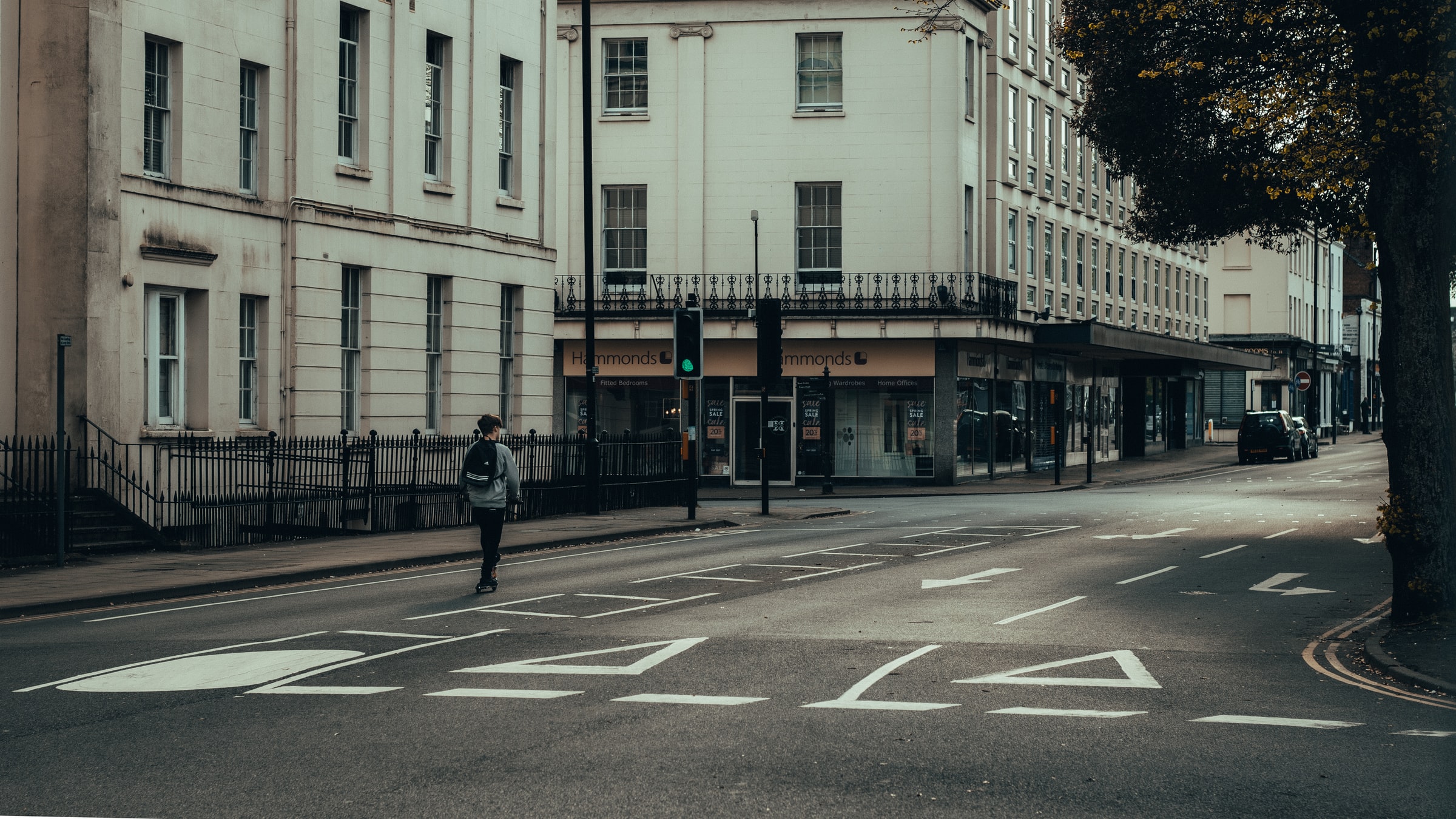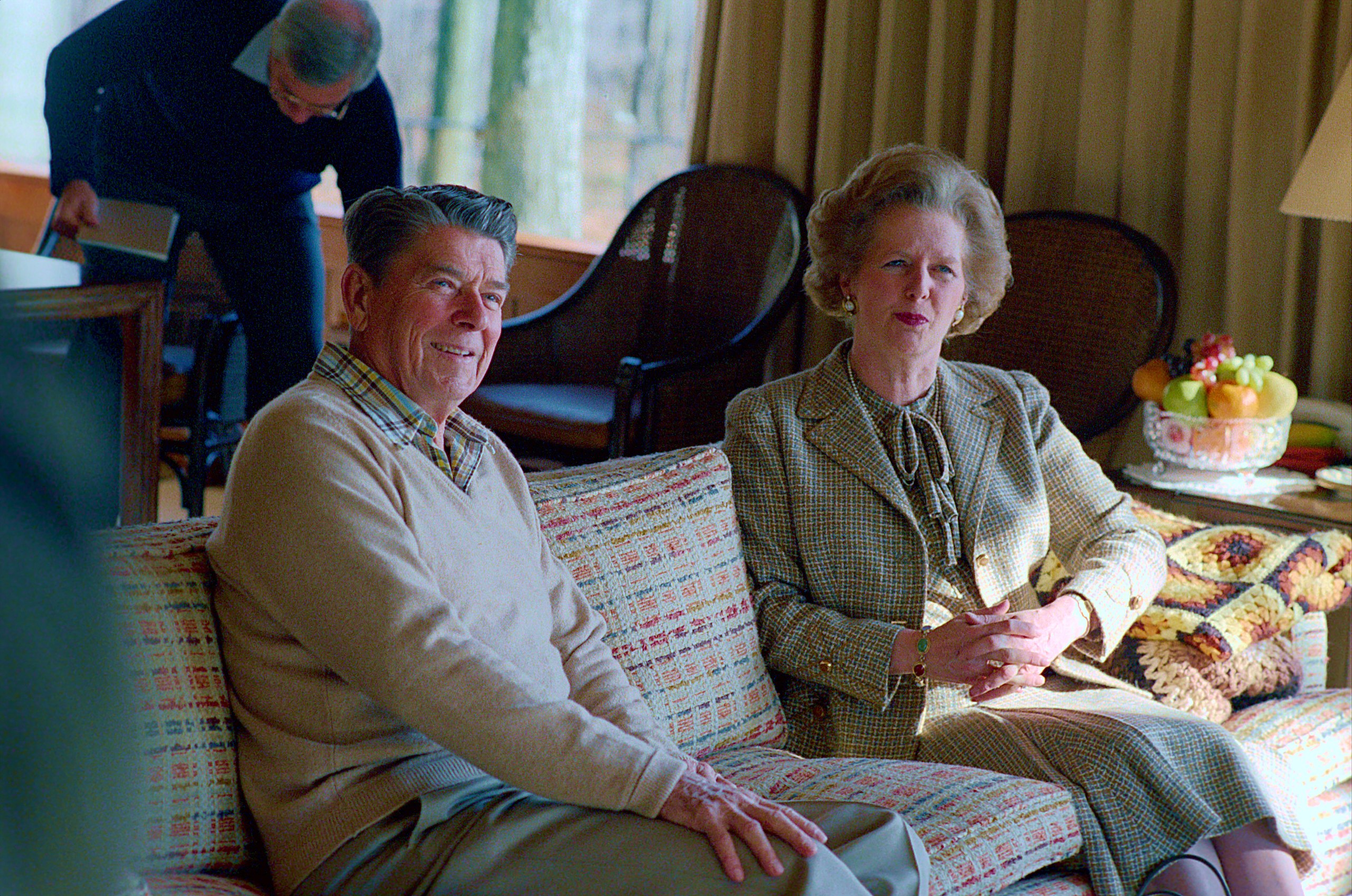In June 2021, the Government announced a new scheme to help first-time buyers get on the property ladder. The First Homes scheme has attracted some interest and attention, as well as controversy. Here’s what you need to know before you consider buying.
What's Included?
What is the First Homes scheme, and how does it work?
The First Homes scheme allows first-time buyers to purchase specific homes at a 30% discount. This means you pay a smaller deposit. What’s more, the taxman calculates your stamp duty based on the discounted price, not the initial price.
All First Homes are new-builds that have been subsidised by the government to make the discount possible. To be eligible for a First Home, you must:
- Be a first-time buyer – we’ve discussed what that means before. To recap: You and anyone you take out a mortgage with must never have owned a house before.
- Additionally, your partner must be a first-time buyer too. You are ineligible if your partner has owned a house before, even if the mortgage is taken out in your name only.
- Have a household income of no more than £80,000 (£90,000 if you live in London).
- Take out a mortgage covering at least 50% of the initial valuation.
- Buy the house with the intention of living in it, not letting it out.
The First Homes scheme prioritises local buyers, so you may have to prove you have lived in the area to get a place. At the start of the pandemic, the scheme also gave priority to key workers, but this is being gradually phased out.
To apply, you simply need to look for homes being offered under the First Homes scheme and fulfill the conditions above. There is no special application process to go through – you simply buy the home as normal, with a discount.
What makes the First Homes scheme attractive to first-time buyers?
The First Homes scheme gives you at least 30% off a home’s value. It means you can stay in your local area rather than having to move further away. And what’s more, it means that you won’t need to spend so much on a deposit or take out such a large mortgage, saving you on monthly repayments.
In theory, this should make them great for people trying to get on the property ladder, but the scheme is not without its pitfalls.
If you decide to sell your home in the future, you will have to apply the same discount when selling. This means you won’t get as big a return on your investment as you might have otherwise.
The new-build homes market is competitive, and so you will face the same threat of gazumping as you would with a normal house purchase. Plus, while the saving is considerable, new-builds still tend to go for high prices, meaning the saving might not be as great as you’d hope.
The controversy
The scheme has come under fire from the property industry as it does not incentivise selling homes. This means that people who buy homes on the scheme will be more likely to hold on to them. At the time of writing, Britain is suffering through a badly inflated housing market caused by a short supply of housing in many areas, so a lack of sellers is only going to make the situation worse.
When the scheme eventually ends, nobody is quite sure how the houses are going to be re-sold. The Ministry of Housing, Communities and Local Government is quite reticent to explain how it will all shake out, which isn’t filling property firms with confidence. While it provides a good short-term stop-gap, it isn’t doing a lot to fix long-term issues with the housing market. This is frustrating to all people looking to buy a new home – not just first-time buyers!
Alternatives to the First Homes scheme
Shared ownership
Shared ownership allows you to buy a cheaper stake in your home from a housing association. You then pay rent on the remainder while paying back the mortgage for the stake. This is an alternative to traditional home ownership.
Credibble has a guide on the subject of shared ownership that you might like to read.
The 95% mortgage guarantee scheme
The Government has agreed to guarantee 95% mortgages for some lenders, meaning you would only need to pay a 5% deposit. This scheme is designed to get people on the property ladder with mortgages that aren’t as expensive.
Read more about guarantor mortgages here.
Help to Buy equity loans
Equity loans on the Help to Buy scheme cover up to 20% of a house’s price. The buyer only needs to pay a 5% deposit, and pays back the remaining 75% as a mortgage. Similar to the shared ownership scheme and guarantee scheme above, it means buyers can pay less for their home.
Be warned, however, that equity loans can only be taken out for properties valued up to a certain amount, so be sure to check before you buy.
Credibble offers two fabulous solutions.
If you’re preparing to take a mortgage, never apply until you’ve tried our unique and FREE Credibble Home app. Our smart technology will tell you what you need to fix so you avoid rejection. The app predicts when you will be able to buy, for how much and tracks your month-by-month progress to mortgage success. We’ve even added your own mortgage broker, so you get the best deals available.
More focused on your credit rating? Well, get started for free with Credibble’s 24- Factor Credit Check to truly help you improve your creditworthiness and how lenders view you. (Remember: lenders don’t use your credit score! We’ll show you what lenders look for and how to get your credit report in the best shape possible).









